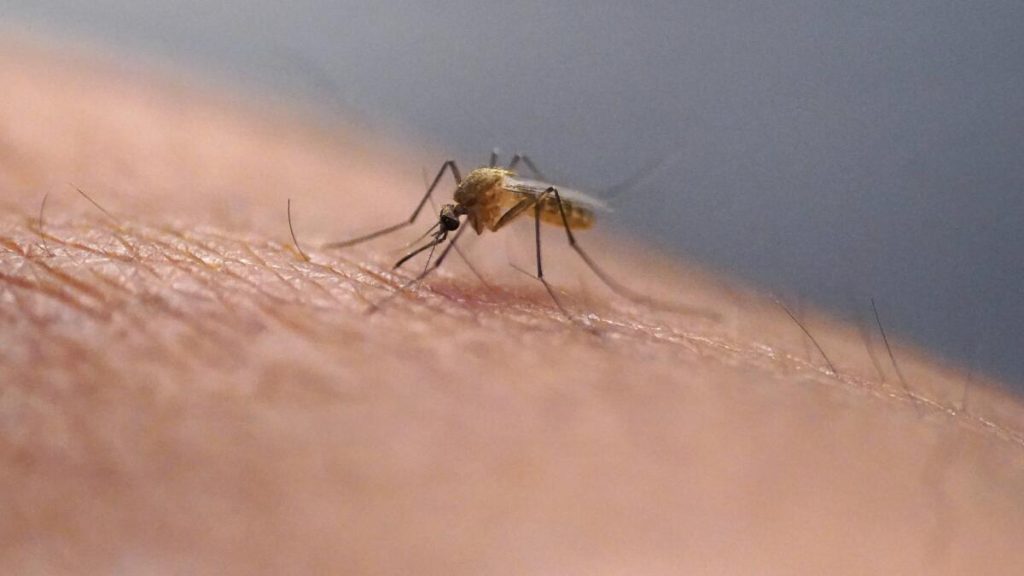Guadeloupe, a French overseas territory, declared a dengue epidemic on Thursday, as authorities reported an unusual outbreak driven by a rarely seen strain of the virus. Local mayors and regional health authorities issued a statement confirming that dengue fever cases have reached epidemic levels, largely due to the DENV-3 strain, which has not been widely active in the region for the past two decades.
The re-emergence of this dengue 3 serotype has raised concerns of severe cases and a significant rise in infections if control measures are not swiftly implemented. Recent data revealed that 97% of 62 samples analysed between September and October were caused by DENV-3.

Cases in Guadeloupe are far exceeding expected seasonal levels, with weekly clinic visits estimated at 540 in late October, compared to around 80 in typical seasons. Emergency room visits have also spiked, reaching 40 cases per week by October’s end.
Authorities are urging residents to reduce mosquito breeding sites, as the Aedes mosquito, known for its black and white striped legs, breeds in stagnant water pools, which have accumulated after recent rainfall. Guadeloupe residents are also advised to wear protective clothing, apply insect repellents, and use mosquito nets.
Health officials worldwide warn that climate change and urbanisation are exacerbating dengue’s spread, making it a year-round threat. The World Health Organisation (WHO) reported over 12.3 million dengue cases and more than 7,900 deaths globally in the first eight months of 2024, with annual cases doubling since 2021.


